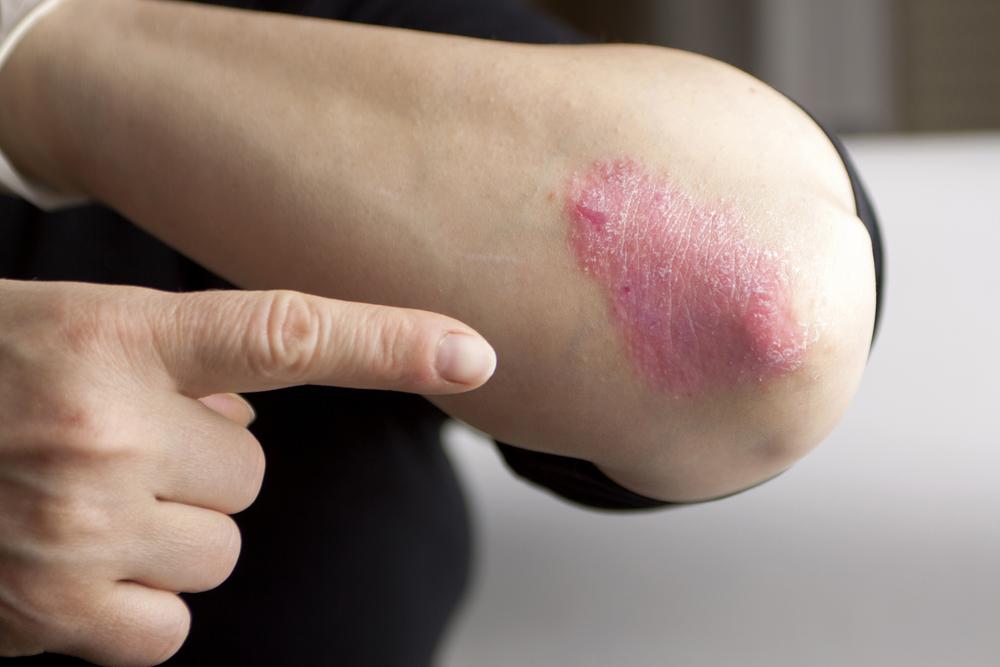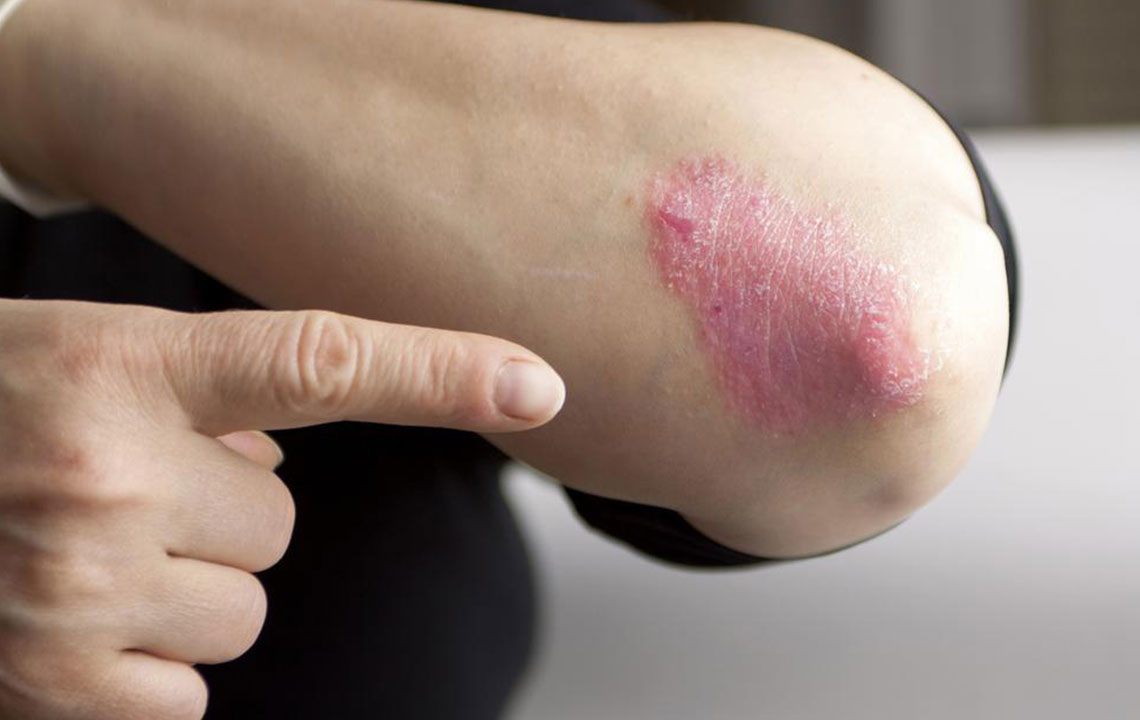Understanding Psoriasis: Symptoms, Causes, and Complications
Discover comprehensive insights into psoriasis, including symptoms, causes, risk factors, and health risks. Learn about various treatment options and lifestyle tips to manage this chronic skin condition effectively. Early diagnosis and proper care are essential for preventing complications and improving quality of life.

Understanding Psoriasis: Symptoms, Causes, and Complications
Psoriasis is a long-term skin condition characterized by an accelerated skin cell turnover, leading to rapid buildup of thickened, inflamed skin. Although the exact cause remains unknown, research suggests imbalances in immune cells like neutrophils and overactivation of T-cells play a role in triggering the disease. These immune responses cause the body to produce excess skin cells that form red, scaly patches, often painful and itchy.
Factors such as skin injuries, infections, stress, smoking, alcohol use, vitamin D deficiency, and certain medications can provoke psoriasis flare-ups. Family history of autoimmune conditions or obesity also increases susceptibility.
Psoriasis manifests as patches of thickened, red skin covered with silvery scales, which can appear anywhere on the body, including genitals and soft tissues. The severity varies from small spots to extensive areas. The most common form, plaque psoriasis, often begins between ages 18-25, but other types exist, such as nail psoriasis, guttate, inverse, pustular, erythrodermic psoriasis, and psoriatic arthritis. Persistent symptoms warrant medical consultation to prevent progression and manage complications.
Key symptoms include:
Skin inflammation: Rapid skin cell growth results in raised patches that can be painful and itchy.
Joint pain: Swelling and stiffness, especially in fingers and toes, are common in psoriatic arthritis.
Scaling and patches: Red, flaky patches and small spots are typical signs.
Nail changes: Pitting, discoloration, and crumbling nails indicate nail psoriasis.
These conditions can lead to emotional issues, including low self-esteem and depression, as well as physical health problems such as kidney and cardiovascular diseases, related to systemic inflammation. Psoriatic arthritis causes joint damage, impairing mobility.Treatment options encompass topical therapies, phototherapy, medications, lifestyle adjustments, and sometimes alternative medicine. Early diagnosis and proper management can improve quality of life and reduce risks of severe complications.










